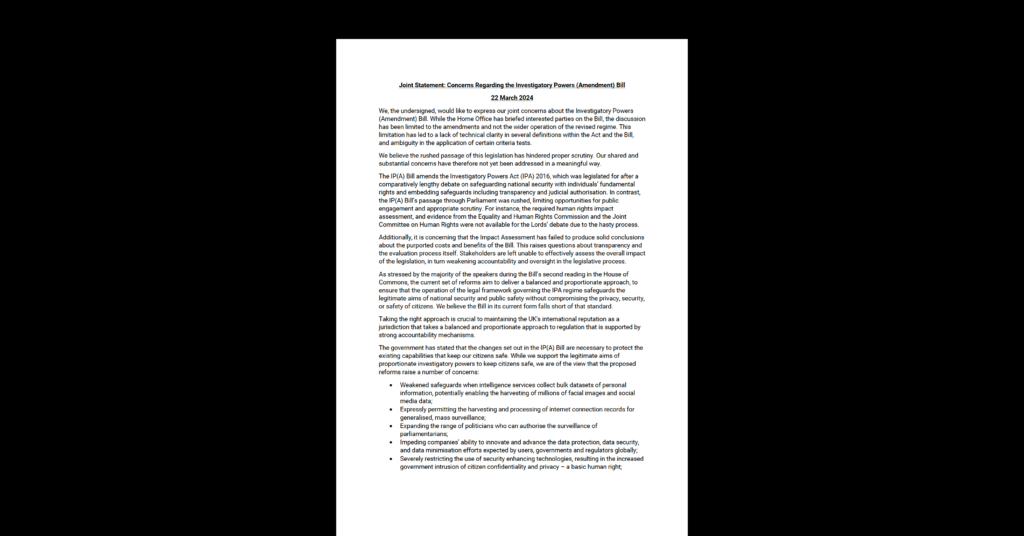European Policy, Open Internet
Copyright Reform: European Creators, Artists and Users Reject Upload Filtering
By now, the background to the DSM Copyright Directive is well-known. The global recording industry convinced European Commissioners about the existence of the “value gap”. The story goes that advertising-funded internet platforms that enable users to upload copyrighted content should pay record labels a larger share of their revenues. At the core, this is a commercial dispute between Youtube and a few more global content sharing platforms on one side, and on the other a handful of global record labels. However, in Article 13, the Commission proposed licensing requirements and upload filtering to give record labels more leverage in negotiations. These negotiations are by their nature confidential business discussions, and neither side discloses numbers.
But the “value gap” is not easy to define or measure. There is no publicly available, reliable data on how revenue is shared, nor is there an objective standard for what constitutes a “fair” distribution between the two. Record labels say the gap is between what they earn from video sharing models and from licensed streaming services like Spotify. Meanwhile, many artists criticise streaming services and argue that the actual value gap is the one separating artists and creators from royalty payments from record labels and collecting societies. The report “Dissecting the Digital Dollar Part Two” by the Music Managers Forum concludes that streaming is profitable, but artists do not get their fair share of “the Digital Pie”. Even if data was available, it would be hard to do direct comparisons between different types of video and audio streaming services platforms; likewise, the value proposition is different for the user, the artist and the record label.
Undeterred by the lack of reliable data, the Commission made its proposal on Article 13, including an obligation to filter and monitor all uploaded content, not only for the few services the Commission targeted, but for a much broader range of platforms. As we, and many others, have said, the proposal undermines intermediary liability protections for all manner of websites, and consequently for the functioning of the internet as an open space for innovation and creativity.
What the Commission proposal also fails to do is guarantee that the actual artists and creators of the uploaded works benefit from such provision. Article 13 might benefit record labels and collecting societies but not the creative artists themselves.
In this debate, dominated by the “middlemen” and the “creative industries”, the artists are often left out. So what are the actual artists’ take on the proposal and how does it affect their creative freedom? More than 80 artists and creators from all over Europe are posting their views on the Create.Refresh campaign. They oppose the upload filtering provision in Article 13 and point out that it will damage creativity and creation, not only in music but for artists such as “cartoonists, gamers, illustrators, photographers, documentary filmmakers, animators, musicians, DJs, and dancers, bloggers, journalists, and technologists.” Create.Refresh launched an exhibition titled “Creators of European Digital Culture” this week at the European Parliament, and more than 22,000 Europeans have signed to a petition (“Stop censorship in Europe”) against Article 13, which was delivered to members of the European Parliament Julia Reda and Tiemo Wölken. Another important development is the launch of the the Vox Scientia platform, bringing together the knowledge community (e.g., scientists, researchers, educators, librarians, cultural heritage professionals, students, etc.). The platform gives the knowledge community the opportunity to voice their concerns in ongoing policy discussions, such as the copyright reform, via tools such as the “Call to Action” page that allows for various awareness-raising actions directly from the website. Overall, these type of initiatives demonstrates the wide range of stakeholders that would be impacted by filtering mandates.
Create.Refresh argues particularly that Article 13 will negatively impact creators’ “ability to remix, remake, create, reference, parody, document, critique, and meme content”. This is because “filters may not be able to detect whether something is within the realm of fair use, meaning that original content could be automatically deleted without the consent of the creator”. Filtering tools have legitimate uses, but also significant limitations, and are likely to result in overblocking and excessive deletion.
In all likelihood the proposal will undermine creative freedoms and cultural diversity. Preliminary results of an ongoing research project that is examining how automated anti-piracy systems impacts female’s expressions online, for example, show that “not only are female expressions under-represented on online sharing platforms in general but their content is more likely to be blocked”. It is important to emphasise that exceptions to copyright infringement and the use of public domain materials essentially elevate users’ freedom of expression and cultural diversity, and the use of upload filters does not square with such principles.
Amendments are being proposed to narrow the scope of application of Article 13 and its filtering obligations. Limiting the damage has merit, but a better option would be for Parliament and Council to delete the article and its accompanying recitals altogether.


